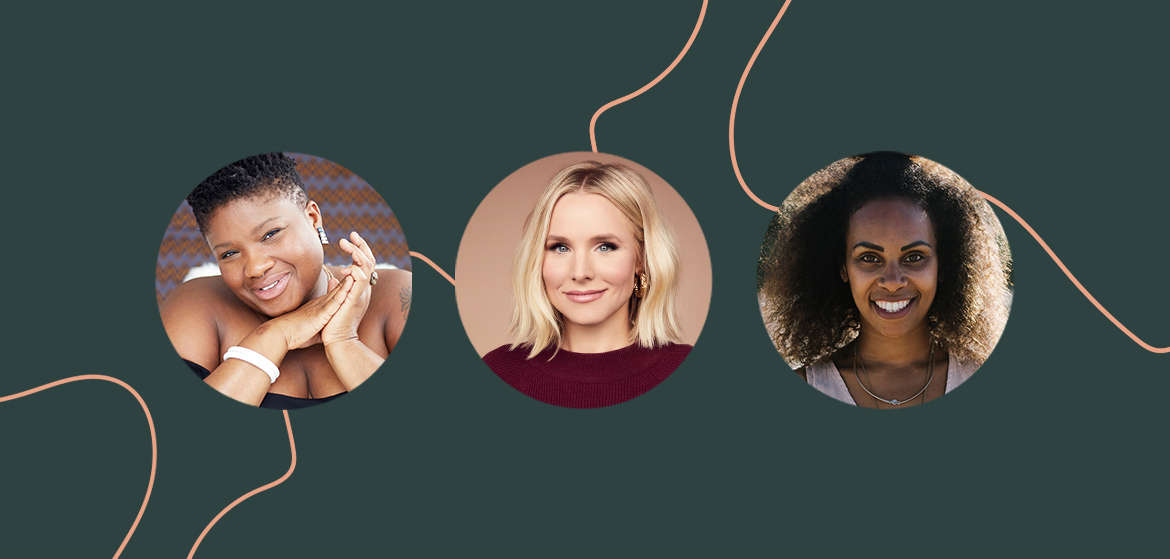The global wellness industry is worth more than $ 4.5 trillion — that’s a lot skin care products, yoga mats and smoothie bowls that are supposed to make us happier, healthier people. And with goalposts so glamorous (who doesn’t want to live a bigger, better life?), Many of us have become very willing to choose, filling our strollers and programs with more branded leggings, fitness classes, facial treatments. , things.
But do these things really do us any good? And who really benefits from all the money we spend on the pursuit of prosperity?
I call the wellness industry capital-w industry ‘wealth and hell’ because… it has nothing to do with health and wellness. It’s about money, “said Rachel Ricketts, author, racial justice educator and intellectual activist in his first episode. The Well + Good Podcast.
* Record-scratch noise *
Yes, we released our first podcast. At Well + Good HQ, we spend our days talking and learning from the most interesting people in the field of wellness — experts, thought leaders and celebrities — and now we want you to join the discussion. With each episode, our hosts will dig up the big questions about some of the topics with the most clicks to rethink what it means. you to find prosperity.
And because we are not confused, we start with a boring question: we are fine; In our first episode, Well + Good Kate Spies CEO talks to Ricketts, yogi and bestselling author Jessamyn Stanley and wellness actress and entrepreneur Kristen Bell about how they define ‘wellness’, what real prosperity is all about. them. and how the whitewashed wellness industry needs to change to become more representative and inclusive.

Which brings us back to Ricketts: “A lot of the ‘wealth and hell’ we’re participating in is very individualistic,” he says. “[It tells us] that we need things outside of ourselves to be good and that’s not true χω I have all the tools I need [to be well] inside me, and it’s just a matter of peeling the onion [layers] for all the conditional bullshit we have acquired and we return to what I really am, what you really are and an understanding of collective and community care. “
Bell, meanwhile, says she had to go into a lockdown to prevent the spread of COVID-19 to make her see well in a new way. “I feel like the pandemic has definitely opened my eyes to this trial period of what my life would have been like if it had been a little shorter – and I’m really happy,” he says. “Taking care of yourself and your well-being can be invaluable during your day. It should be accessible to absolutely everyone. He can ask for help. You may be listening to a podcast. can do a puzzle. It does not have to be a product. He just has to live by the mantra that “When I take care of myself, I can take better care of those around me.”
Stanley says it has seen a “shift from well-being as a collective sport – as a trend – to well-being as a survival tactic”. “This old idea of wellness has nothing to do with healing. It has to do with painting,” he says. “And so I think we are really moving in this area of wellness which is to try to take care of yourself, not to be able to live forever or to be able to say, ‘Look what a great person I am, look at the great situation in which I’m here “, but literally so that you can survive”.
This is just the tip of the iceberg. For more wisdom from Ricketts, Stanley and Bell, you need to tune in to the first episode.
Listen above and subscribe to Apple, Spotify or wherever you get your podcasts.

